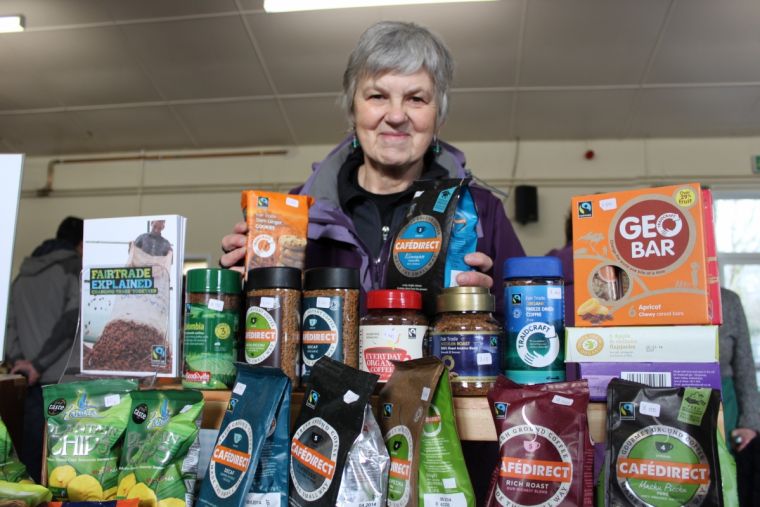Fairtrade hit by changes in supermarket deal
Sainsbury's is preparing to ditch Fairtrade tea and replace it with their own 'fairly traded' brand.
The supermarket will follow Cadbury and other food giants in leaving the gold-standard ethical trading label and replacing it with their own alternative.
Sainsbury's own Gold, Red and other best-selling tea brands will no longer be Fairtrade certified and instead will be called 'fairly-traded'.

Charity bosses have warned the new standards are 'unclear' and a letter signed by tea farmers in Africa warned Sainsbury's new system was an 'unequal' partnership.
'We believe it will strip us of rights and benefits attained over the years under the Fairtrade system,' they wrote in an open letter, warning Sainsbury's new model 'feels reminiscent of colonial rule'.
'We see the proposed approach as an attempt to replace the autonomous role which Fairtrade brings and replace it with a model which no longer balances the power between producers and buyers.'
A Sainsbury's spokesman said the move was so the company could help farmers adapt to climate change – a possibility not offered by Fairtrade.
'The Fairtrade model is 20 years old and we need to move with the times. Climate change is a perfect example of this as some tea-growing regions are now facing unprecedented effects,' he said.
'A tea farmer in Malawi could have his entire crop wiped out by climate change, which is bad for him and bad for UK consumers. Our new scheme will offer advice on how to mitigate such risks.'
But Fairtrade hit back at the claims with Tim Aldred, head of policy and research, telling Christian Today: 'For years farmers have been telling us that climate change is one of their number one concerns and that's why we have built up expertise across our system and we support communities to become more resilient at every level of Fairtrade.
'We don't just look at ways to mitigate against the effect of climate change in our standards, we also carry out research and invest in programmes on the ground to support farmers. We're also experienced at working with others on these issues when communities most desperately need extra help and have delivered projects on the ground with communities, charities and businesses.
'In recent years, when farmers have already suffered the devastating effects of unpredictable weather, the Fairtrade Foundation has stepped in as a charity. Following floods in Malawi and Hurricane Matthew Haiti we raised public donations and helped farmers whose crops and livelihoods had been destroyed to get back on their own two feet.'
Until now Sainsbury's has been key to the Fairtrade brand and the announcement has spread fears it could be the beginning to the end for the ethical trading phenomenon that began in the 1980s.
'This move by Sainsbury's represents a tip in the balance back to the powerful retailers,' said Sophi Tranchell, managing director of Divine Chocolate, a successful ethical trading company part-owned by tens of thousands of cocoa farmers in Ghana, according to the Guardian.











